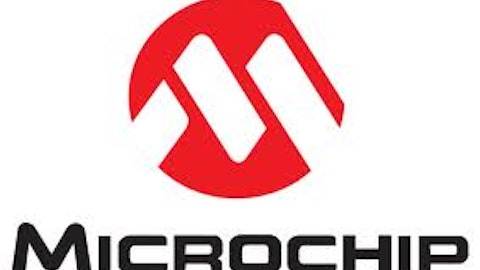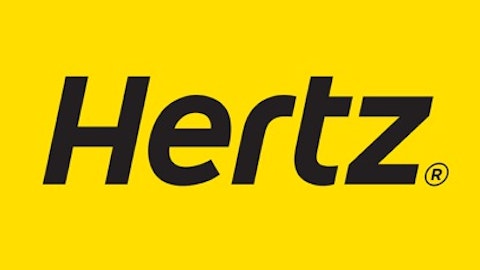Jim Cramer may be a fan of recently hot auto rental stocks, but investors should temper their enthusiasm – an oligopoly does not necessarily make a good business.
Game theory in microeconomics reveals plenty about the ability of a firm, or several firms, to generate economic profits. While an oligopoly does lend itself to improved margins when competitors align themselves against consumers, there is no natural force that makes an oligopoly a better investment than a very competitive industry.

Competition whittles margins
To be sure, the auto rental market has consolidated. Three players, Hertz Global Holdings, Inc. (NYSE:HTZ), Avis Budget Group Inc. (NASDAQ:CAR), and Enterprise, now own more than 90% of the market.
However, the auto rental market can easily expand without new competitive entrants. Hertz Global Holdings, Inc. (NYSE:HTZ), Avis Budget Group Inc. (NASDAQ:CAR), or Enterprise can quite easily add to their own respective rental fleets, which would then require more cost competition.
To assume that this oligopoly will lead to outsized returns assumes only that no single player will seek to maximize their profits by increasing their rental fleets. That reality seems far-fetched at best.
Hertz Global Holdings, Inc. (NYSE:HTZ) does not intend to significantly reduce its rental fleets, even after the acquisition of Dollar Thrifty. Instead, the company plans to keep three brands at every airport in which it operates. That leaves behind a competitive risk that the brands compete among themselves and with Avis Budget Group Inc. (NASDAQ:CAR) on pricing. Most importantly, it leaves the door open for fleet expansion at one or all of its brands, which, if timed poorly, leads to overcapacity and lower profits as margins become pressured.
Debt-fueled pricing disasters
When rental companies become overburdened with debt and fear illiquidity to pay on their debt issues, they resort to pricing, which generates cash at the cost of negative earnings. Cash in hand is more valuable than profitability when you have an upcoming debt maturity. This was true in other competitive commodity businesses like sea shipping, where rates are below the level necessary to maintain long-term profitability simply because some players need cash in hand.
Car rental businesses are involved in similar economics. They use substantial leverage to acquire fleets, compete on price, and carry debt loads that may prove to be unmanageable in any down cycle.
Let’s see just how levered the auto rental companies are.
Hertz Global Holdings, Inc. (NYSE:HTZ) has a pro-forma corporate debt to EBITDA of 3.1, and a total debt to equity ratio of 6.2.Meanwhile, publicly-traded competitor Avis Budget Group Inc. (NASDAQ:CAR) has a 12.8 debt to equity ratio. In any downturn, these companies will necessarily have to lower rates to boost utilization and cash generation to make good on their growing debt levels.



